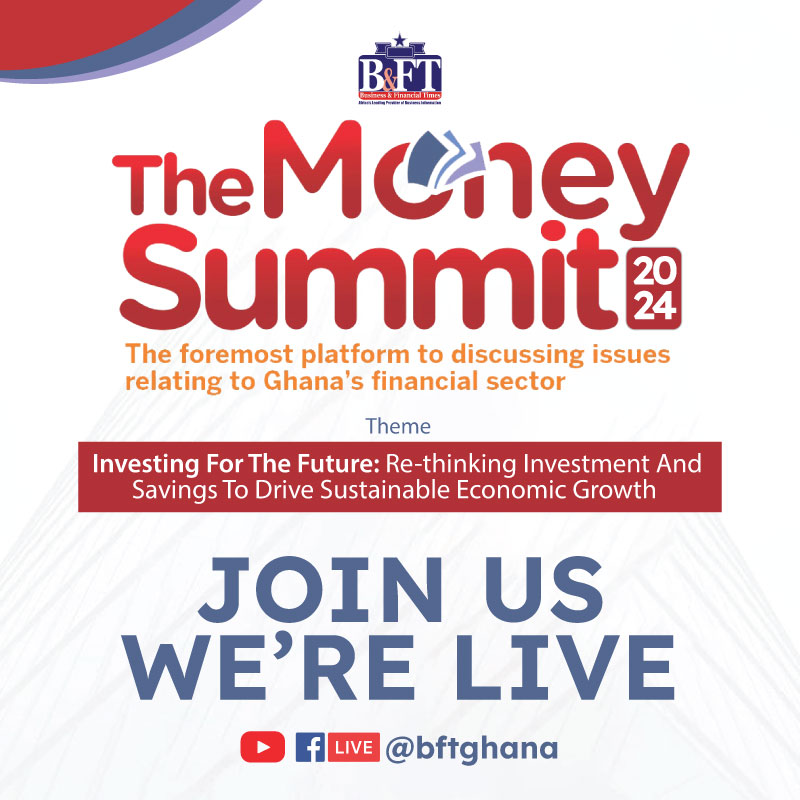Government on Wednesday received 249,600 AstraZeneca vaccines under the COVAX facility lending hope to efforts to get 20 million Ghanaians vaccinated by the end of the year to achieve herd immunity.
Presidential Advisor on Health, Dr. Anthony Nsiah-Asare also added that the country will soon receive the first consignment of Pfizer and Moderna vaccines through the COVAX initiative.
He said the vaccines are expected to arrive in the country between the end of August and early September 2021.
Dr. Nsiah-Asare consequently expressed optimism that the government will be able to meet its target of vaccinating 20 million people in Ghana.
Currently, the country is administering Johnson & Johnson vaccines, which arrived in the country last month through the African Union’s African Vaccine Acquisition Trust initiative.
Currently, a total of 177,600 doses of the Johnson & Johnson vaccine are being administered to unvaccinated persons in COVID-19 hotspots in the Greater Accra and Ashanti Regions.
The AstraZeneca vaccines were donated by the UK government and forms part of a three million doses pledge to 11 African countries. No doubt, the vaccines will take the country’s COVID vaccination programme a step further and if the Pfizer and Moderna vaccines come in timeously, then we can conclude that the country’s fight against the pandemic and its objective to immunize at least, 60% of the population, is on course.
We thank the UK government and other donor partners for supporting the country combat this pandemic that has wrought pain and fear around the globe. Due to the delay of the arrival of particularly, the second dose of AstraZeneca vaccines, many were they who received the first jab and were anxious about when they would be administered with the second jab.
The fear has been assuaged by the timely arrival of the over 200,000 doses of the vaccines so that those due for a second jab can do so without any hitch and be protected from the deadly virus.
So far, we understand that more than 1.3 million doses of the COVID vaccines have been administered to the populace, giving hope that, all things being equal, the country can soon achieve its target of herd immunity.
Editorial 2: Bui Power’s indebtedness quite unsettling
The Auditor General (AG) in his latest report indicated that the Electricity Company of Ghana (ECG) is indebted to the Bui Power Authority (BPA) to the tune of US$386,878,949.46.
Monthly invoices to the ECG have not been settled within the required 60-day period, resulting in a relatively huge outstanding debt as at December 2019.
Section 8 of the Power Purchase Agreement between the Ministry of Energy and the ECG for electrical supply from Bui Hydroelectric Plant indicates payment of energy produced by the seller and sold to the buyer as provided for in the monthly billed invoices shall be effected within 60 days of the dispatched of such invoices in US Dollars or its equivalent in cedis.
The repercussions of such continued delays or breaches of agreed payment terms could negatively impact the cash flows of the Authority and that constitutes the Paper’s major worry.
Particularly, with almost two years down the line since the indication; the debt situation could further go up, with about four months to end the year, 2021.
AG recommends that management of BPA ensure that previous and subsequent debt are collected on time in order to improve the liquidity position of the authority to enable it carry out its operations effectively.
The report also stated that the Ghana Grid Company (GRIDCo) is as well indebted to the BPA to the tune of more than US$41 million since 2013.
This is coming on the heels of the International Monetary Fund (IMF) warning that country’s energy sector debt will continue to remain above US$1billion per year, if government does not step-up its game in implementing the Energy Sector Recovery Plan.
Ghana’s energy sector faces both a stock of debt outstanding and ongoing losses which result from an inefficient operational environment and uneconomical tariff structure. This has to be addressed holistically if the post-COVID economic recovery is anything to go by.











